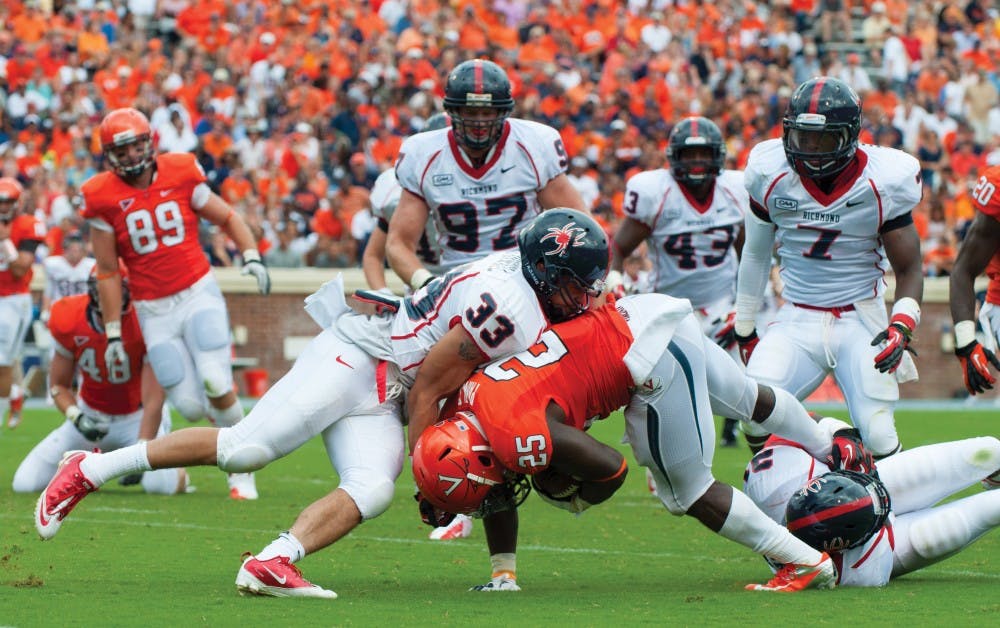Following a successful pilot program last season, the National Football League will begin using an iPad application to test athletes for concussions when play resumes in September. The application is a sideline concussion assessment tool, intended to speed concussion diagnosis and recovery in patients. The app allows doctors and athletic trainers to compare a player’s baseline test results with their post-injury results in real time.
This innovative program comes in the wake of heightened attention to the long-term mental health effects of repeated concussions.
In 2011, head trauma-related depression and addiction lead to the death of Canadian hockey great Derek Boogaard. A Washington Times’ database documents more than 4,000 lawsuits filed against the NFL by retired professional football players because of head injuries suffered on the field.
Head injuries can be problematic in sports even at the collegiate level, said James Smuda, University football team athletic trainer, in an email. He said the team works to minimize long-term negative consequences of head injuries in college athletes.
“We will withhold any athlete from activity if a concussion is suspected,” Smuda said. “When in doubt, hold them out.”
The University football team uses a similar application to the one being employed by the NFL called SCAT2, or sideline concussion assessment tool, Smuda said. Players are also assessed by team physicians and treated based on head injury and concussion protocol.
“[The protocol] is based upon a number of factors: head injury history; elimination of symptoms; a return to baseline scores of the Concussion Resolution Index (CRI), which is a computer-based neurocognitive test; functional testing for symptom provocation; and a final physician physical assessment and clearance,” he said.







